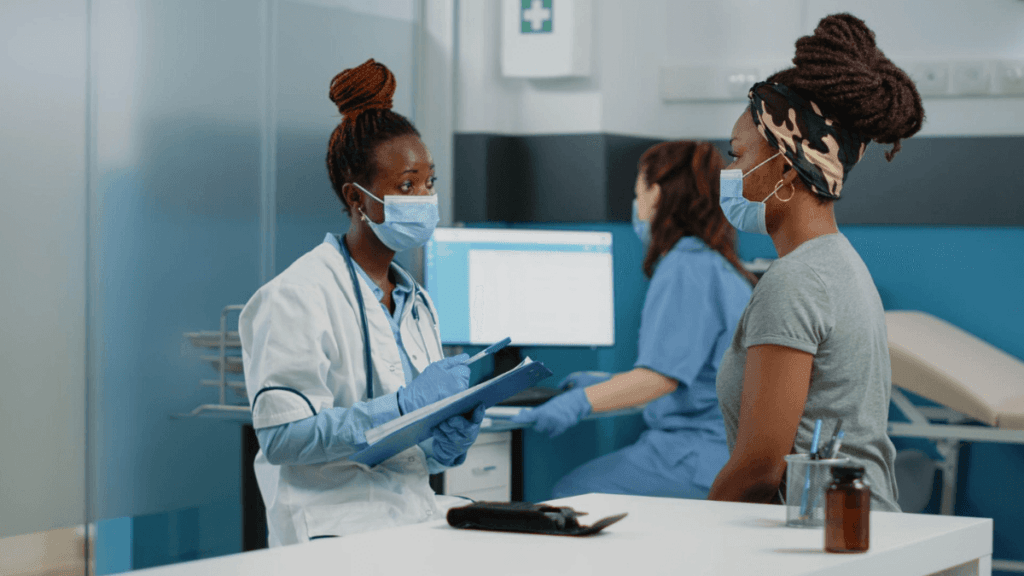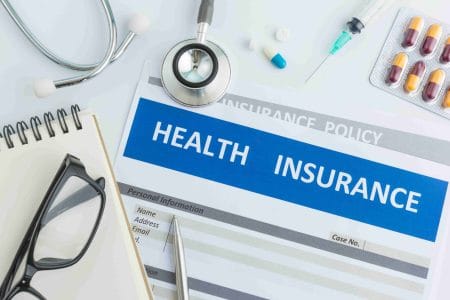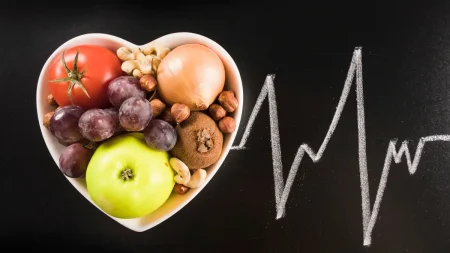Access to healthcare is a basic human right, and South Africa has made significant strides in ensuring that even its most underserved communities can receive essential medical care. Local clinics across the country provide a wide range of free services to those in need, addressing various health concerns without financial barriers.
This article explores the top five free services available at local clinics and how they contribute to healthier communities.
1. Primary Healthcare Consultations
Local clinics serve as the first point of contact for most medical concerns. Primary healthcare consultations are provided free of charge, helping individuals address a variety of health issues:
- General Illnesses: These clinics treat common ailments such as colds, flu, and infections.
- Chronic Disease Management: Free care is available for managing long-term conditions like diabetes, hypertension, and asthma.
- Maternal and Child Health: Services include antenatal and postnatal care, routine check-ups, and monitoring of a child’s growth and development.
By addressing both acute and chronic conditions, these consultations provide essential support to individuals who may otherwise go untreated.
2. HIV Testing and Counseling
South Africa has one of the highest HIV prevalence rates globally, making free testing and counseling a cornerstone of public health efforts. At your local clinic, you can access:
- Confidential HIV Testing: Quick and discreet testing ensures that everyone knows their status.
- Counseling Services: These sessions help individuals understand the implications of their results and provide guidance on prevention, treatment, and managing the condition.
Knowing your HIV status is the first step toward maintaining your health and protecting others. Clinics also provide antiretroviral therapy (ART) at no cost to those who test positive.
3. Tuberculosis (TB) Screening and Treatment
TB is a significant health concern in South Africa, but local clinics play a vital role in combating this disease through:
- Free Screening Services: Symptom checks, sputum tests, and chest X-rays are used to identify TB cases.
- Treatment Programs: Clinics provide a full course of medication and regular follow-ups to ensure effective treatment.
These services help reduce the spread of TB and improve treatment outcomes, particularly in high-risk communities.
4. Immunization Programs
Vaccines are one of the most effective ways to prevent life-threatening diseases. South Africa’s Expanded Programme on Immunization (EPI) ensures that children and adults receive necessary vaccines at no cost:
- Childhood Immunizations: Protecting against diseases like polio, measles, and hepatitis B.
- Adult Vaccines: Including tetanus boosters and influenza vaccines during specific seasons or outbreaks.
By promoting vaccination, local clinics play a crucial role in protecting public health and preventing disease outbreaks.
5. Family Planning and Reproductive Health Services
Empowering individuals with information and access to reproductive health services is vital for fostering healthy communities. Clinics provide:
- Contraceptives: A range of options, including pills, injectables, and condoms, are available at no cost.
- Reproductive Health Counseling: Education on safe sexual practices, STI prevention, and family planning.
- Pregnancy Care: Comprehensive antenatal and postnatal services ensure the well-being of both mother and baby.
These services help individuals make informed decisions about their reproductive health, improving quality of life and reducing unplanned pregnancies.
How to Access These Services
To access these free services, visit your nearest local clinic. While no appointment is required, it’s recommended to arrive early as clinics often have long queues. Bring your ID and any relevant medical history for faster and more effective care.
Read More: Where and How to Report Poor Service at Public Hospitals and Clinics
The Broader Impact of Local Clinics
Local clinics in South Africa are more than just healthcare facilities; they are lifelines for millions of people. By offering free services, they:
- Reduce the burden on hospitals.
- Promote early detection and prevention of diseases.
- Improve overall community health and well-being.
Organizations like LifeLine South Africa and the Phelophepa Health Train also complement these efforts, reaching rural and underserved areas.
Local clinics are essential in providing free healthcare services to South Africans, ensuring that no one is left behind due to financial constraints. From primary healthcare to life-saving vaccinations, these services empower individuals to take control of their health. Visit your local clinic today and explore the free services available to you and your family.










